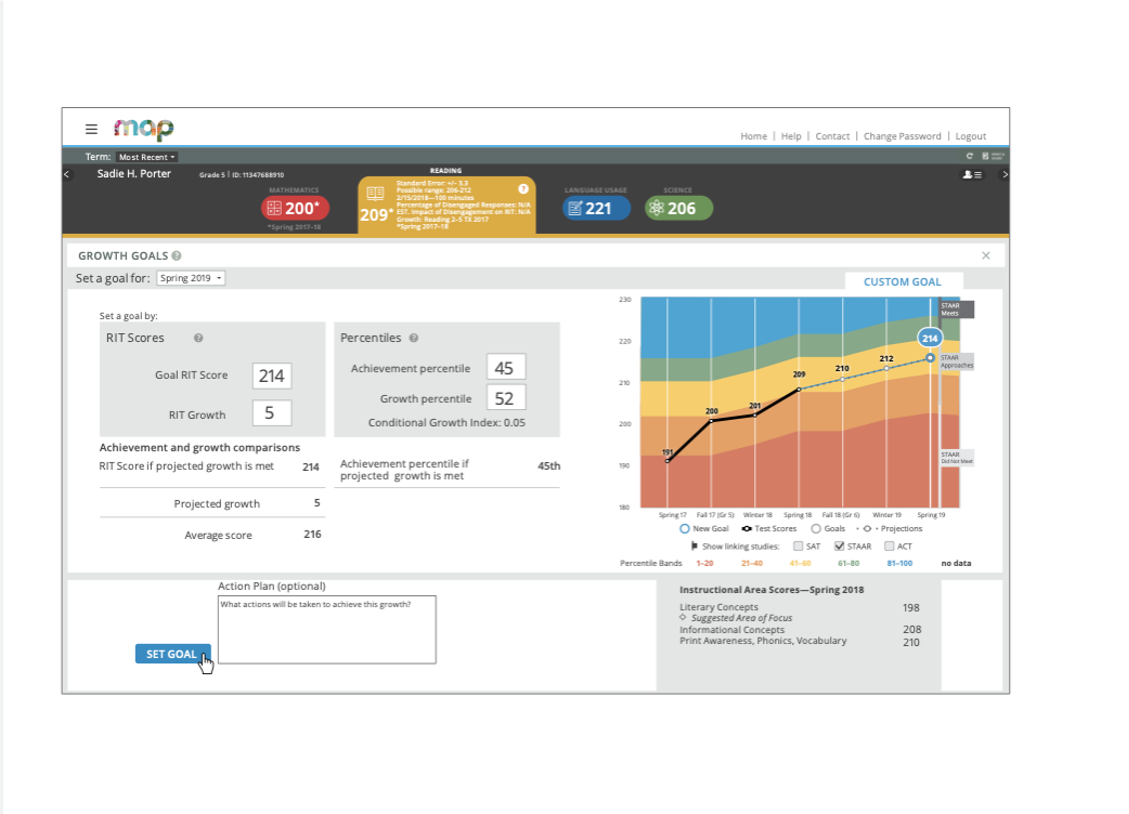5 Essential Facts About High Quality Online Education
¿Desea Leer Este Blog Post En Español?
In current times, everyone is talking about online learning and its supposed drawbacks. Parents worry that their children miss out on quality education by excellent teachers. In truth, the opposite is the case. Online learning delivered by experts, allows the integration of multimedia learning material and continuous assessments and thus provides an individualized and supportive study environment where students thrive.
At top K-12 schools around the world, the long experience with online education made it possible to continue delivering impactful, high quality education throughout Covid during regular school hours.
Best Practices in Online Education
While online and offline education seem to be two completely different ends of a spectrum at the first glance, in truth, the principles of pedagogy remain the same in any medium. Skilled teachers can make the best out of technological possibilities that allow them to get to know the needs of their students more efficiently than ever.
Online teaching allows educators to offer a mix of live and recorded sessions as well as a variety of peer and group activities. Therefore, online education can incorporate many more learning styles than a traditional school. The opportunities to integrate more visual elements into a lesson make it easy to show a detailed agenda and roadmap that keeps the student focused and confident. Age appropriate online learning platforms also allow for various activities in different group sizes as well as on the individual level.
At top K-12 schools around the world, the long experience with online education made it possible to continue delivering impactful, high quality education throughout Covid during regular school hours. With initiatives that supply students with the necessary devices, all students have equal access to the necessary technology, which makes live sessions with synchronized interaction possible.
Educational Platforms and their Benefits
Contrary to popular belief, online education is also highly beneficial for teaching small children.
Online education supports a highly versatile teaching style. Platforms like LearnWorlds, Thinkific, or teachable let educators partition their courses into sections based on week or topic, which offers students a comprehensive overview of the goals of a course. Learning materials in various formats like video, graphics, or text can easily be integrated, which makes online learning excellent for considering the needs of students with varying learning styles.
Contrary to popular belief, this is also highly beneficial for teaching small children. As long ago as the early 2000s, educational computer games have been very popular to support students of preschool and elementary school age in acquiring math, language, or other skills. Online education can make use of gamified learning or assessment techniques. Video lectures that can be watched several times are also very advantageous for younger children that in a classroom situation would not be able to take notes quickly enough or children that need more time or even more individualized support to develop specific skills.
Opportunities for Active and Collaborative Learning
It is a myth that online learning limits student engagement and achievement. On the contrary, the variety of opportunities to participate can even foster the engagement of students that are usually reluctant to contribute. Students that feel more comfortable when writing rather than talking, for example, can show their knowledge and understanding by using the chat function. These versatile ways of communication and contribution enable the kind of socialization that is an integral part of preparing students for adult life. This shows how online learning differs significantly from homeschooling, with which it is often wrongly equated.
Educators can also easily and even anonymously ask for feedback throughout the course by using tools like polls. This encourages student engagement and helps the teaching staff to understand the needs and desires of their students.
The MAP (Measure of Academic Progress) tracks a student's progress in a variety of subjects like math, reading, and science.
Students Assessments in Online Education
Ongoing assessments provide learners with helpful instructions as to their strengths and weaknesses and can make teachers aware of which topics they need to cover more extensively.
The MAP Test (Measure of Academic Progress) tracks a student's progress in a variety of subjects like math, reading, and science, and is highly individual: when a student taking the test answers several questions incorrectly, the following questions become easier to correctly assess the level of knowledge and skill. This is an individualized way of testing that is only possible with computerized assessments.
In their immediacy, online quizzes that can be taken during lessons are also often more practical than an offline equivalent that would have to be individually graded by an educator, would be.
An Education for the 21st Century
Lastly, the emphasis on technology in online learning makes it possible and necessary that students acquire the digital literacy that will continue to be necessary for them all through their professional life. When a school is equipped with the necessary infrastructure and IT support, students can make use of countless opportunities to deepen their knowledge and practice higher order thinking skills. Teachers, too, need to be highly qualified professionals that are not only competent in their area of study but also skilled in using modern technology.
High quality online education takes what was best about offline school, like the social interactions, and enriches it with all the new opportunities technology makes possible.



